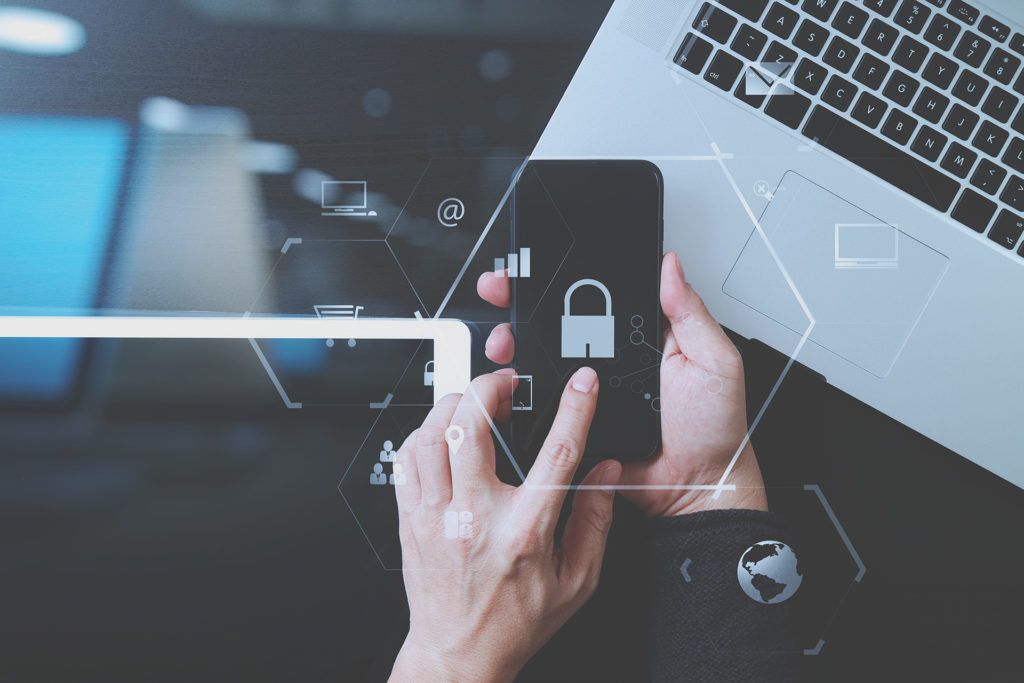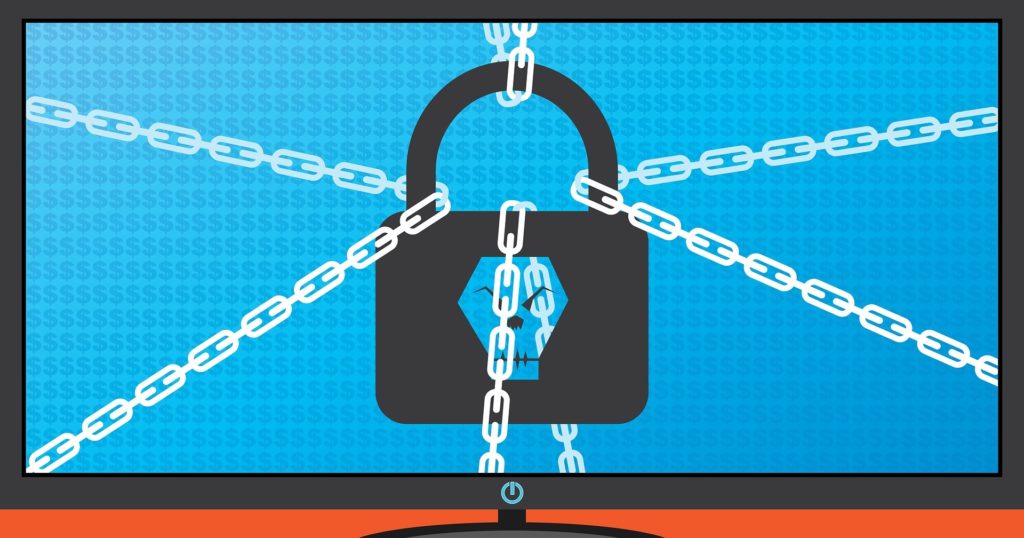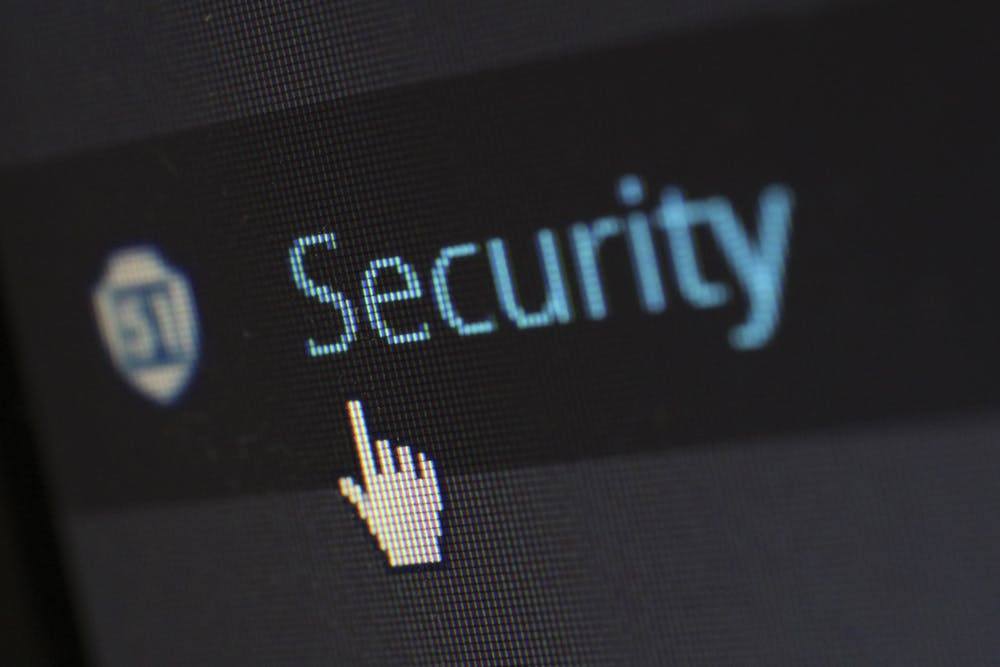State of Email Security for 2019

Email has been an irreplaceable blessing and a cruel curse to the cybersecurity of business over the years. Email connects the employees as well as the rest of the world. However, because email connects employees to the rest of the world, email has also come to be the largest vulnerability of any organization. In fact, […]
Ransom + Software May = Ransomware

Advancements in both hardware and software technologies have allowed businesses to expand their markets, reach new customers, and become far more productive than they could have possibly dreamed. As is often typical however, new ways of doing business also open up new avenues criminals can use to steal, or hamper a company’s daily operations just […]
Take Charge of Security With Two-Factor Authentication

As attacks by hackers become all too common, it is increasingly important to ensure that accounts and passwords are protected. Two-factor authentication (2FA) provides an extra level of protection to accounts and is an important security option that all companies should consider. If you have questions or would like to learn more, AE Technology Group […]
What Is The Best Way To Protect Your Business From Hackers

According to Small Business Trends online 43 percent of all small businesses across the United States face a cyber attack. In fact, over half of those businesses that suffer a cyber attack eventually fail. These known statistics make it necessary to protect your business from hackers. A hacker gains unauthorized use to your business data through your […]
5 Security Tips for Mobile Device Use

Many businesses provide their employees with smartphones and/or tablets to use when they are on the go. Although having any time anywhere access to corporate systems is at minimum convenient, for some businesses it is absolutely necessary. For those companies who allow BYOD (bring your own device) access to corporate data, it is even more […]

